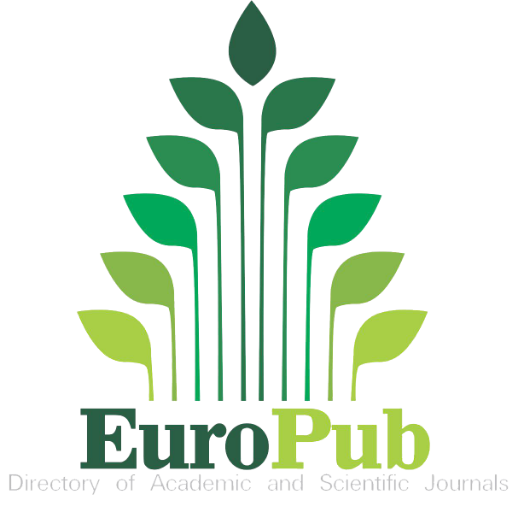Making a Noise – Making a Difference: Techno-Punk and Terra-ism
Keywords:
techno, post-punk, anarcho-punk, hardcore, sound systems, post-colonialism, Sydney techno-punk sceneAbstract
This article charts the convergence of post-punk/post-settler logics in the techno-punk development in Australia. Exploring how punk would become implicated in the cultural politics of a settler society struggling for legitimacy, it maps the ground out of which Labrats sound system (and their hybrid outfit Combat Wombat) arose. It provides an entry to punk through an analysis of the concept of hardcore in the context of cultural mobilisations which, following more than two centuries of European colonisation, evince desires to make reparations and forge alliances with indigenous people and landscape. To achieve this, the article traces the contours and investigates the implications of Sydney’s techno-punk emergence (as seen in The Jellyheads, Non Bossy Posse, Vibe Tribe and Ohms not Bombs), tracking the mobile and media savvy exploits of 1990s DIY sound systems and techno terra-ists, aesthetes and activists adopting intimate and tactical media technologies, committing to independent and decentralised EDM creativity, and implicated in a movement for legitimate presence.Published
27-Jul-2010
Issue
Section
Feature Articles
License
Authors who publish with this journal agree to the following terms:- Authors retain copyright and grant the journal right of first publication with the work simultaneously licensed under a Creative Commons Attribution-Noncommercial-Share Alike License that allows others to share the work with an acknowledgement of the work's authorship and initial publication in this journal.
- Authors are able to enter into separate, additional contractual arrangements for the non-exclusive distribution of the journal's published version of the work (e.g. post it to an institutional repository or publish it in a book), with an acknowledgement of its initial publication in this journal. Such derivate works or subsequent publications must happen no less than one calendar year after the initial publication date in Dancecult.
- Authors are permitted and encouraged to post their work online (e.g. in institutional repositories or on their website) prior to and during the submission process, as it can lead to productive exchanges, as well as earlier and greater citation of published work (See The Effect of Open Access).






